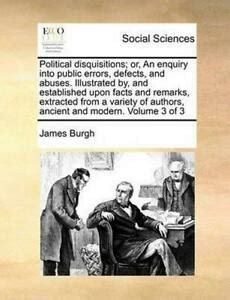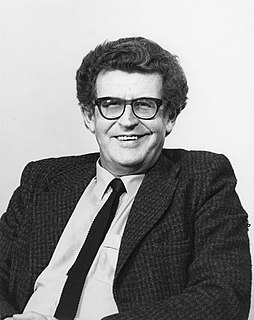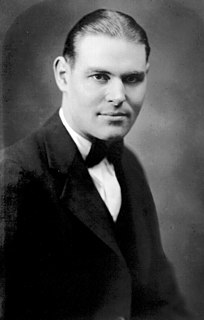Цитата Айн Рэнд
Если вы хотите спасти капитализм, вам следует принять только один тип аргумента, единственный, который когда-либо выигрывал в любом моральном вопросе: аргумент самооценки. Проверьте свои предпосылки, убедитесь в правоте своего дела, затем с полной моральной уверенностью боритесь за капитализм.
Связанные цитаты
Моральное оправдание капитализма заключается не в альтруистическом утверждении, что он представляет собой наилучший способ достижения «общего блага». Это правда, что капитализм — если эта крылатая фраза имеет какое-то значение, — но это лишь вторичное следствие. Моральное оправдание капитализма заключается в том, что это единственная система, согласующаяся с рациональной природой человека, что она защищает выживание человека как человека и что ее руководящим принципом является справедливость.
Я думаю, что исторически современная экономика, капиталистическая экономика, имеет тенденцию размывать моральные категории... И здесь, я думаю, правые понимают капитализм неправильно. Они как бы предполагают, что существует моральная эквивалентность или моральная ценность капитализма, но я склонен думать, что экономика разрушает все виды культурных табу, запретов и ценностей, с которыми она вступает в контакт.
Главный аргумент заключается в том, что капитализм состоит из множества различных практик, и поэтому вызов капитализму должен быть связан с разнообразной борьбой. Я опираюсь на важную работу Дж. К. Гибсон-Грэм, которая утверждает, что мы должны моделировать антикапиталистическую борьбу на основе борьбы феминисток.
«Не судите, да не судите»… это отказ от моральной ответственности: это моральный карт-бланш, который человек дает другим в обмен на моральный карт-бланш, который он ожидает для себя. От того факта, что мужчинам приходится делать выбор, никуда не деться; пока мужчинам приходится делать выбор, от моральных ценностей никуда не деться; пока на карту поставлены моральные ценности, моральная нейтральность невозможна. Воздержаться от осуждения мучителя — значит стать соучастником пыток и убийств его жертв. Нравственный принцип, который нужно принять... таков: «Судите и будьте готовы быть судимыми».
Есть некоторые вещи, принципиально неверные в позиции книги. И, может быть, это нормально; может быть, каждая книга имеет изъяны, а великие книги, какими бы несовершенными они ни были, формулируют моральный аргумент, который затем выдвигает читатель. Критика этой модели, конечно, состоит в том, чтобы спросить: должна ли книга быть настолько совершенной, чтобы вы вышли из нее с полным моральным согласием, которое можно поддерживать?
Если центральное состязание двадцатого века противопоставило капитализм социализму, то Ф. А. Хайек был его центральной фигурой. Он помог нам понять, почему капитализм победил нокаутом. Именно Хайек разработал основной аргумент, показывающий, что централизованное планирование — не что иное, как обедняющая фантазия.



































